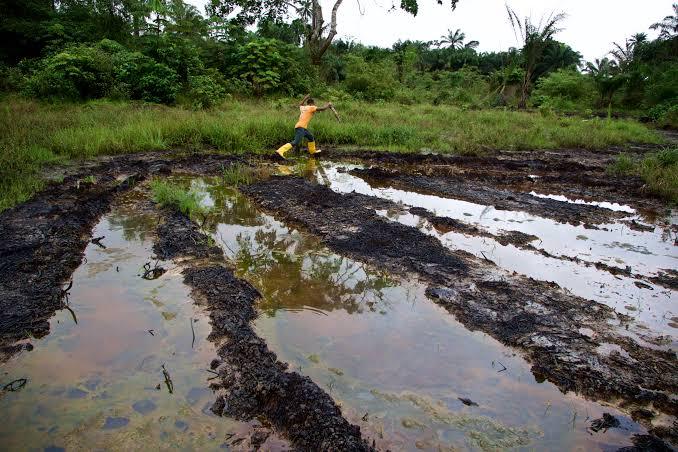In a distressing revelation, the Niger Delta, Nigeria’s oil-rich region, has suffered over 36.1 million litres of crude oil spills, equivalent to filling approximately 1,090 oil tankers, between 2016 and 2023. This environmental catastrophe primarily attributed to major oil companies such as Shell, Nigerian Agip Oil Company Limited (NAOC), and the Nigerian National Petroleum Company Limited (NNPCL), has intensified calls for urgent environmental remediation and a halt on divestment without accountability.
Data from the Nigerian Oil Spill Monitor, managed by the National Oil Spill Detection and Rescue Agency (NOSDRA), highlights a worsening situation, with over 75% of spills contaminating the sea, swamps, and land, significantly impacting biodiversity and the livelihoods of local farmers and fishermen.
The divestment movement by oil companies, coupled with rising legal battles between communities and these firms, underscores the pressing need for stronger policies to address environmental concerns. Despite regulatory efforts through the Petroleum Industry Act and the creation of the Nigerian Upstream Petroleum Regulatory Commission (NUPRC), oil spills continue unabated, with independent oil companies like Aiteo, Seplat, and others increasingly implicated in these environmental disasters.
NOSDRA’s data reveals a troubling trend of underreporting and concealment of oil spills, with over 1,596 cases where oil companies failed to disclose spill quantities. The period from 2016 to 2023 saw 247,527 barrels of oil worth $19.8 million spilled, not accounting for the extensive cost of environmental cleanup.
Stakeholders, including Nnimmo Bassey of the Health of Mother Earth Foundation and Johnson Emere Mba-Ngei of the Alliance for the Defence of Eleme, have accused the government and oil companies of complicity and negligence. The prolonged Ororo 1 oil well spill in Ondo since April 2020 exemplifies the severity of the issue.
Calls for an environmental remediation fund and stricter regulations on oil companies, especially regarding divestment and cleanup responsibilities, have intensified. Legal practitioner Chima Williams emphasized the need for independent operations for NOSDRA, funded by an environmental remediation fund, to effectively tackle oil spills.
The devastation in the Niger Delta underscores the urgent need for comprehensive environmental justice and accountability. With the community’s livelihoods and the region’s biodiversity at stake, stakeholders demand immediate action to address the longstanding environmental degradation caused by oil exploration and exploitation.



